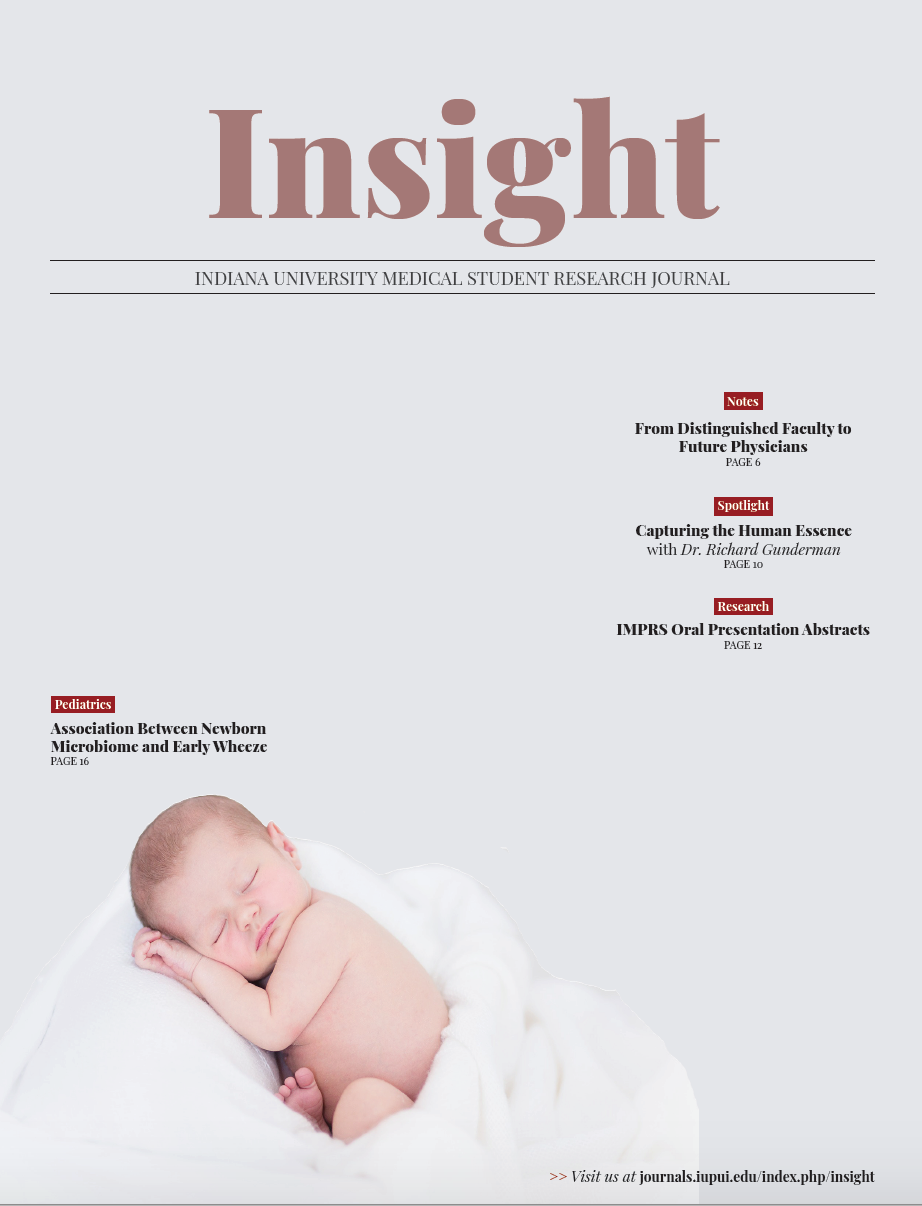Role of STAT4 in Innate Immune Response of Myeloid Cells
Abstract
Background and Hypothesis: Signal Transducer and Activator of Transcription 4 (STAT4), which belongs to STAT protein family, is induced in myeloid cells after exposure bacteria pathogen-associated molecular pattern (PAMP) and IL-12. STAT4 is critical for the activation of genes that are part of the inflammatory response in myeloid cells. Methicillin-resistant Staphylococcus aureus (MRSA) is one of the multi-drug-resistant pathogens that has become a serious nosocomial and community acquired infection in the United States although the innate immune response to MRSA is still not completely defined. Our preliminary data suggests that STAT4 is required for the innate immune response to MRSA early during infection. Our hypothesis is that STAT4-deficient macrophages in mice will have a decreased production of cytokines and chemokine, which are critical for the activation of innate inflammatory response, compare to wild-type macrophages.
Experimental Design or Project Methods: The innate immune response of STAT4-deficient macrophages in mice has been studied in vitro after subsequent exposure to lipopolysaccharide (LPS) and heat killed MRSA. In addition, quantitative PCR (qPCR) and phosphor-STAT4 staining were used to determine the difference cytokines production and phosphorylation of STAT4 between wild type mice and STAT4 conditional knocked out (CKO) in myeloid cells.
Results: Our findings demonstrate that STAT4-deficient macrophages in mice have decreased levels of STAT4 expression and production of cytokines, compared to wild-type macrophages.
Conclusion and Potential Impact: Our data fill the existing gaps of the role of STAT4 in myeloid cells and innate immune response, which will allow us to discover alternative treatments against MRSA by manipulating STAT4 pathway in myeloid cells.
Downloads
Published
Issue
Section
License
Copyright to works published in Insight is retained by the author(s).

